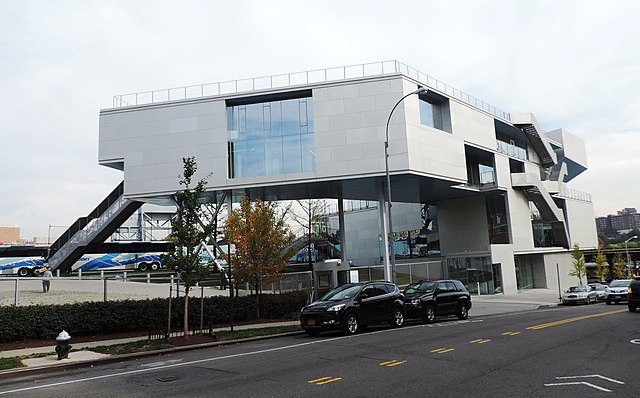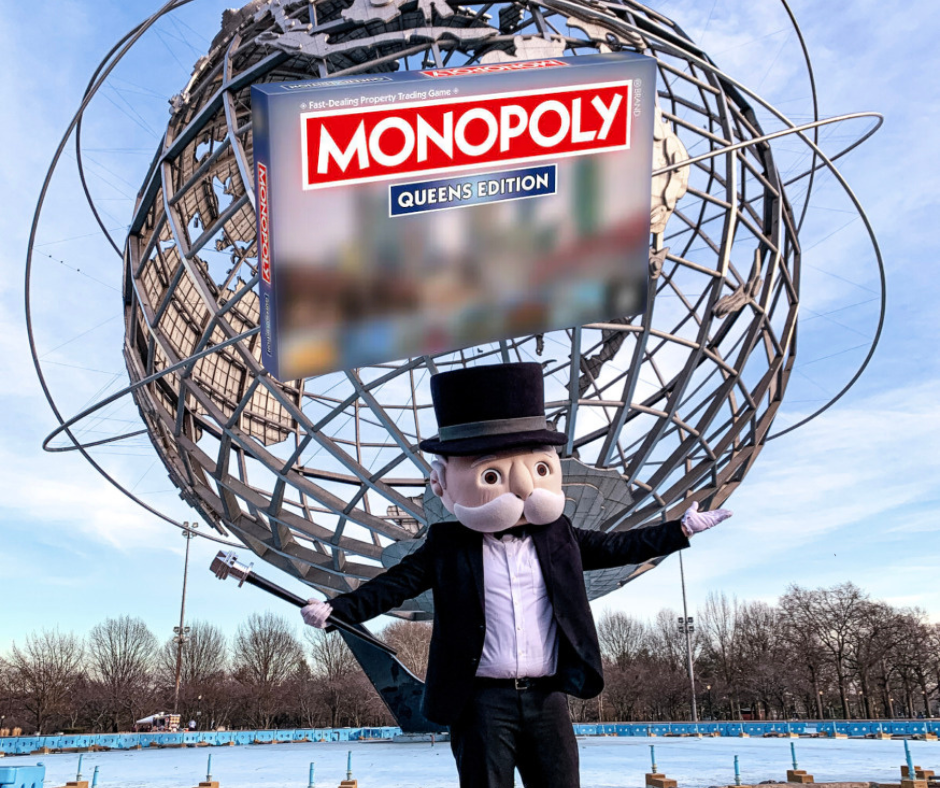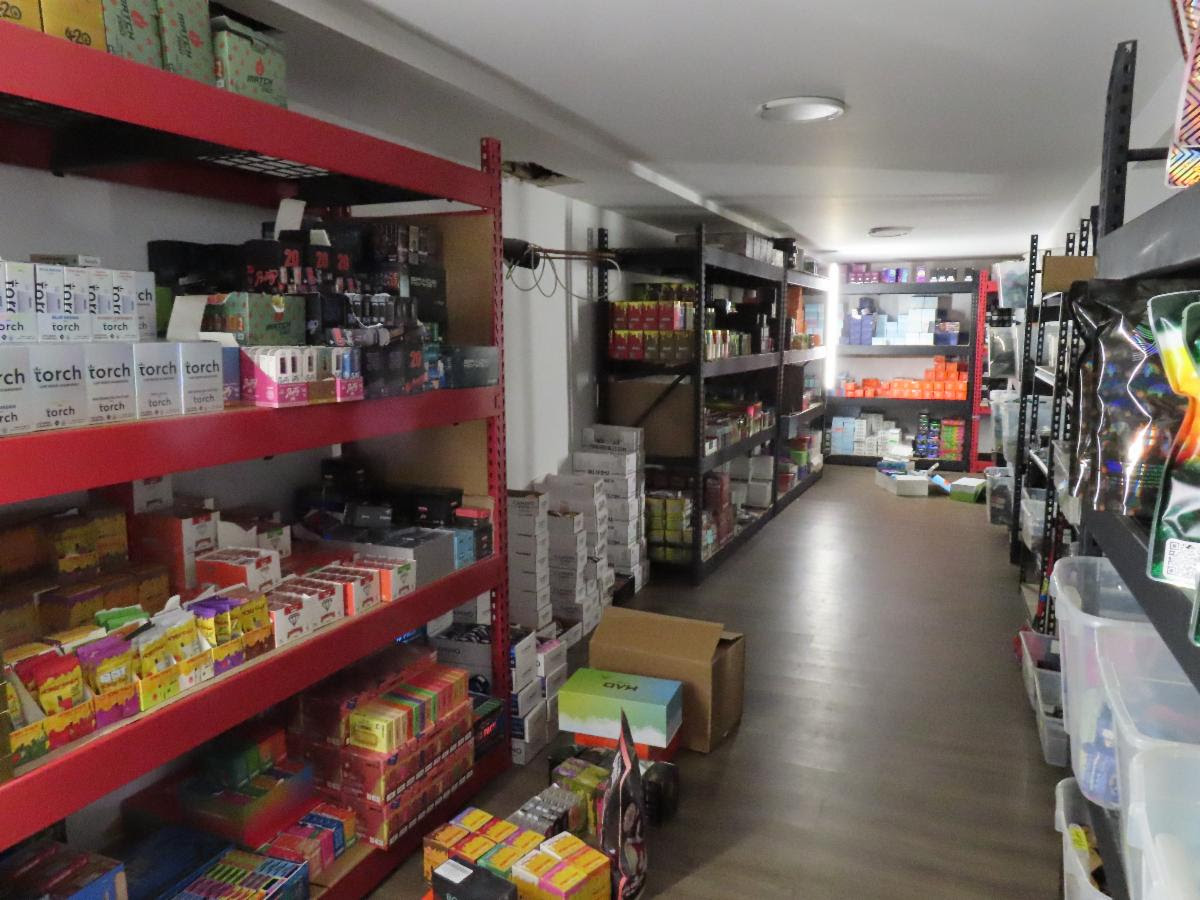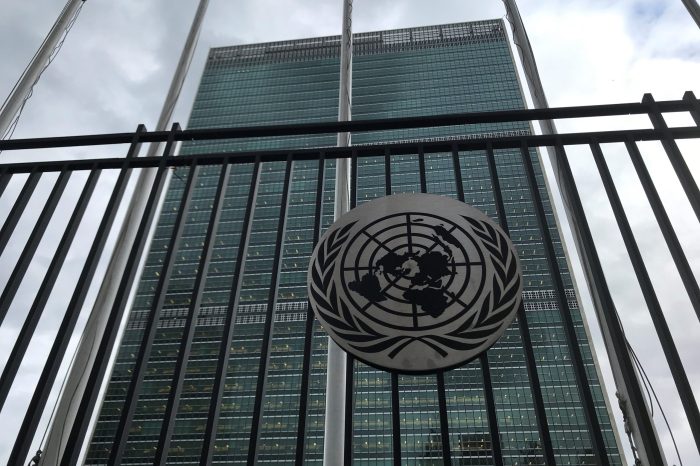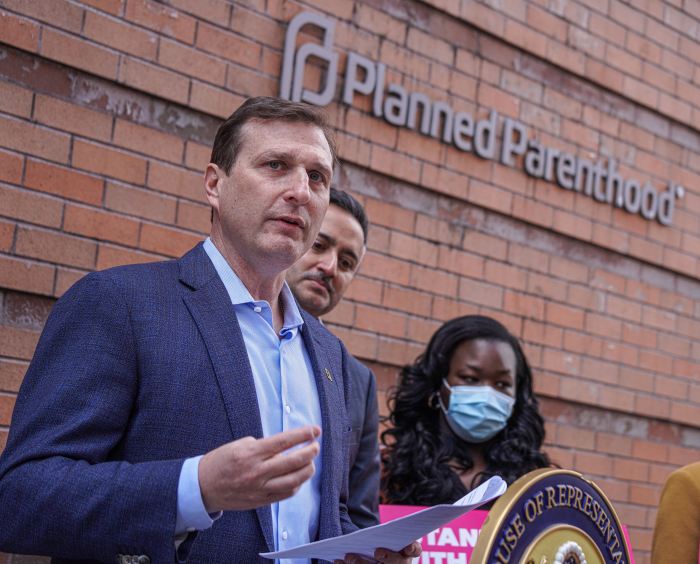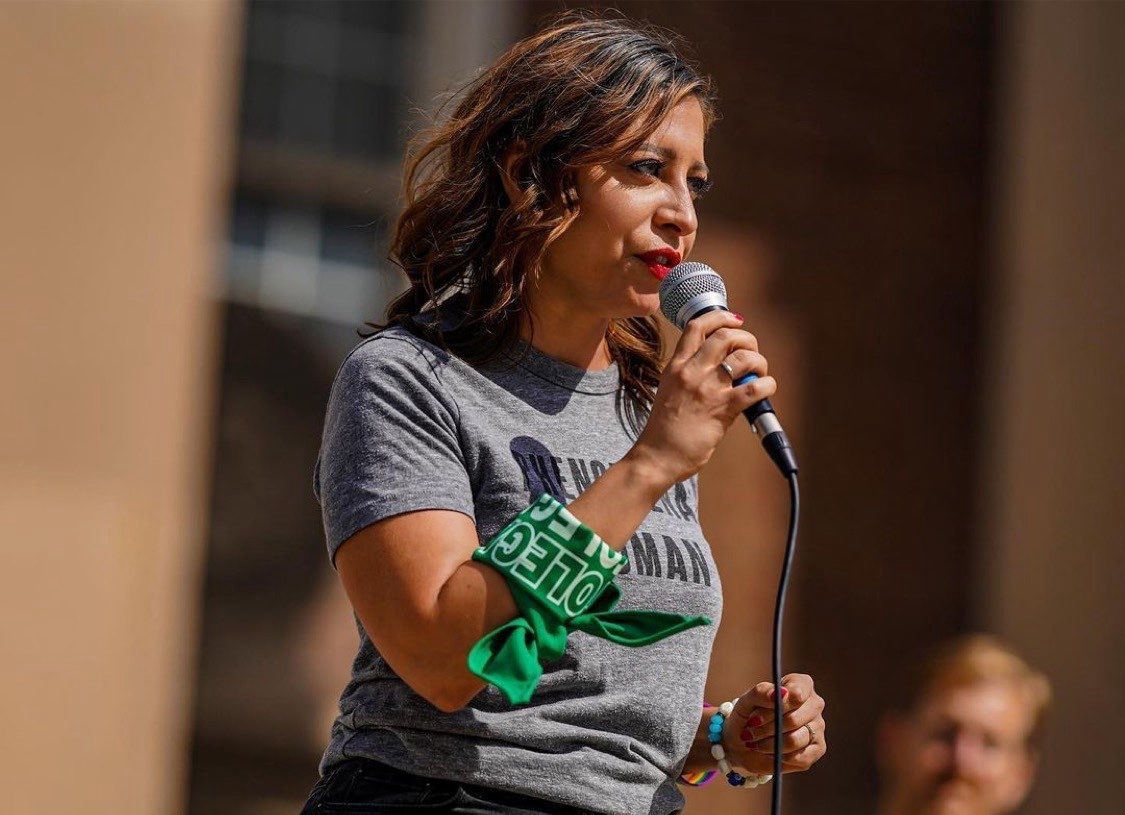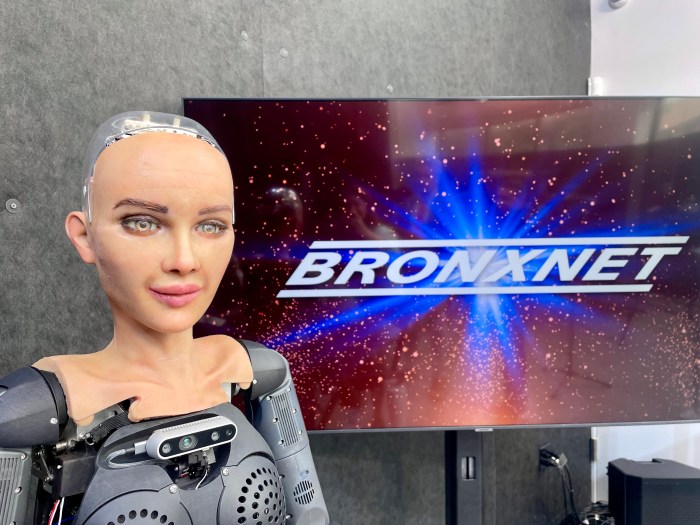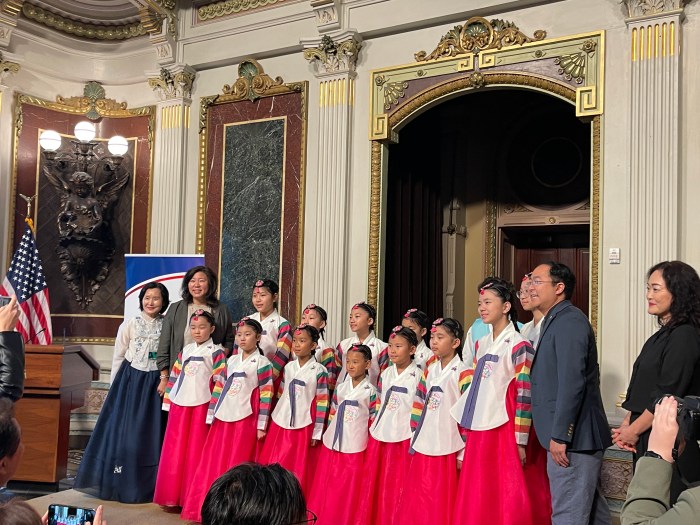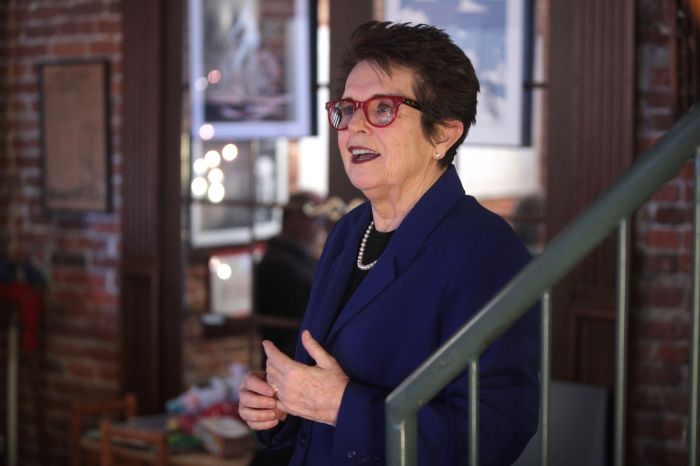 [/media-credit]
[/media-credit]
- Martha Gallo
BY TERESE LOEB KREUZER | Martha Gallo, 54, head of global compliance and regulatory management for JPMorgan Chase, was just appointed to the Battery Park City Authority board of directors. She has lived in Battery Park City for almost 30 years.
Why did you move to Battery Park City?
I moved here because I worked on Wall Street and wanted to be able to walk to work, but probably more importantly, I grew up in the Finger Lakes and I love the water.
What work were you doing when you moved here?
I was working for the same company I work for now. I was budget analyst for technology.
What had you studied in school?
I went to Cornell University. I studied child development as an undergrad and finance and accounting for my M.B.A.
Why did you change fields?
When I started to look at graduate schools for social work and a master of public administration, my father said that I should get an M.B.A. because it would help me with not-for-profit work and to work in business. He said that I could satisfy my interest in helping not-for-profits even with a role in the financial services industry.
Has that proven to be true?
Yes. I was on the Governors Island board and I was on the Downtown Alliance board. I chaired a not-for-profit called Upwardly Global for a number of years. Upwardly Global helps new Americans get jobs in American companies. It’s for people who are here legally and who have skills from their homeland. They have a hard time breaking into our system for a variety of reasons. I thought it was a great cause. New Americans are such a vulnerable population. I think at one level or another we were all immigrants at one point.
Where did your family come from originally?
My relatives came from Italy, Ireland and Germany. They came through Ellis Island.
You can see Ellis Island from your apartment — the one you were living in on 9/11. Did you consider not returning?
No. We returned as soon as the neighborhood was open — I think that was about three weeks later. We’re New Yorkers. We never considered not returning.
You were in the vanguard of those who came back?
Yes. Catherine [my older daughter, now 14] was attending Battery Park City Day Nursery. Out of more than 100 children, there were only a handful left. I worked on behalf of the Day Nursery to help them with fundraising [so that they could survive].
You’ve been extremely successful in business. What has that been like for you as a woman?
When I started I asked my bosses, ‘Who are my role models?’ and I was told, ‘You will have to be your own role model.’ I asked are there any other senior women around? And they said, very few. But that’s changed quite a lot.
Have you been a mentor to young women?
Yes. I’ve been a mentor to many.
What are your thoughts about the issues for Battery Park City?
I’m concerned about the sustainability of Battery Park City. I want to make sure that the neighborhood development phase is behind us, that we are able to stay focused on the quality of life in the neighborhood and that we have the resources we need to do it.
You’re a busy person. With all that you’re already doing and with a family, why did you decide to go on the board of the Battery Park City Authority?
I would rather be in the room when decisions are made than read about them in the newspapers.

















